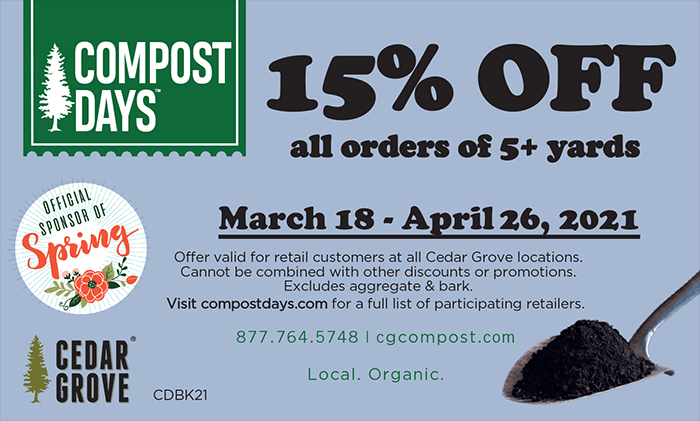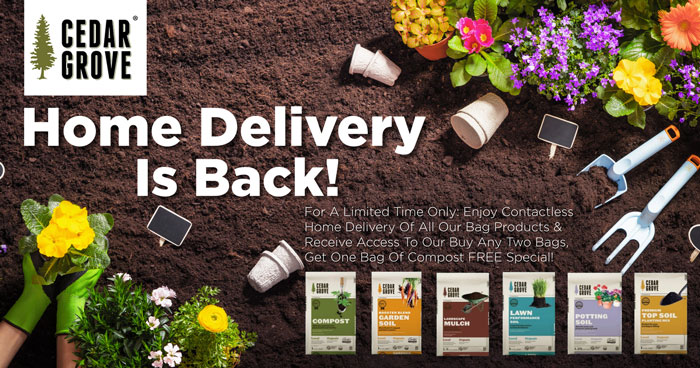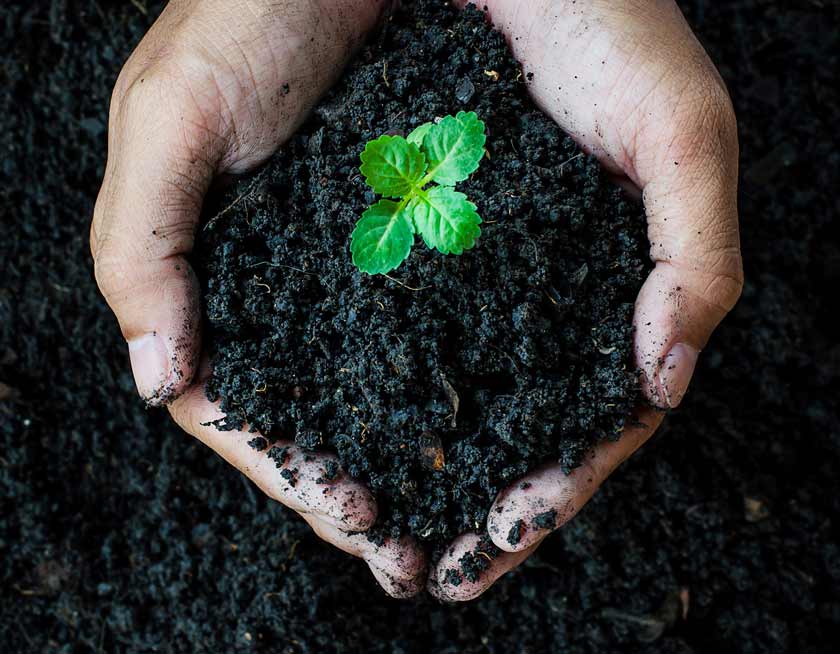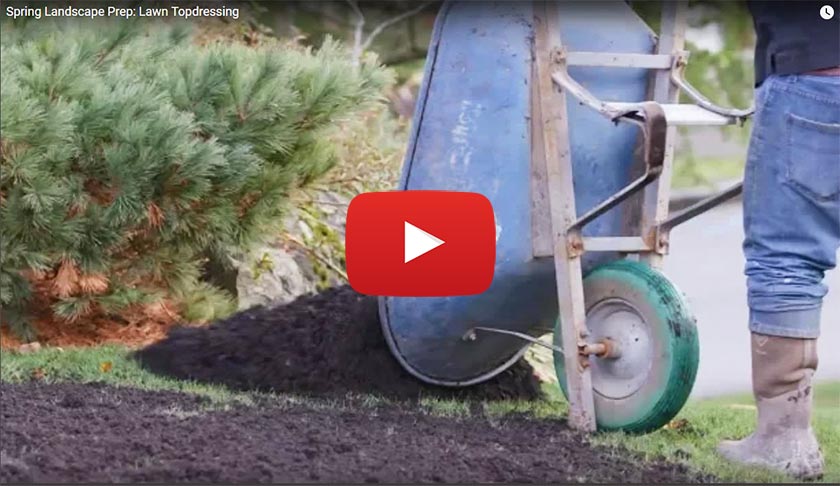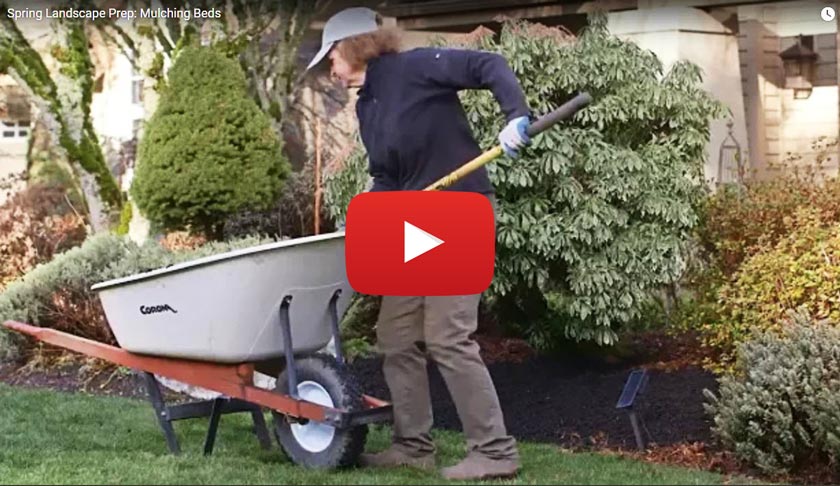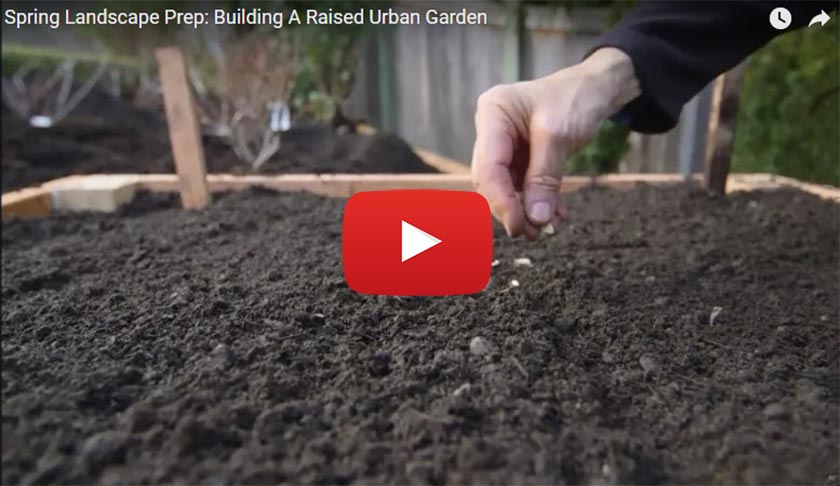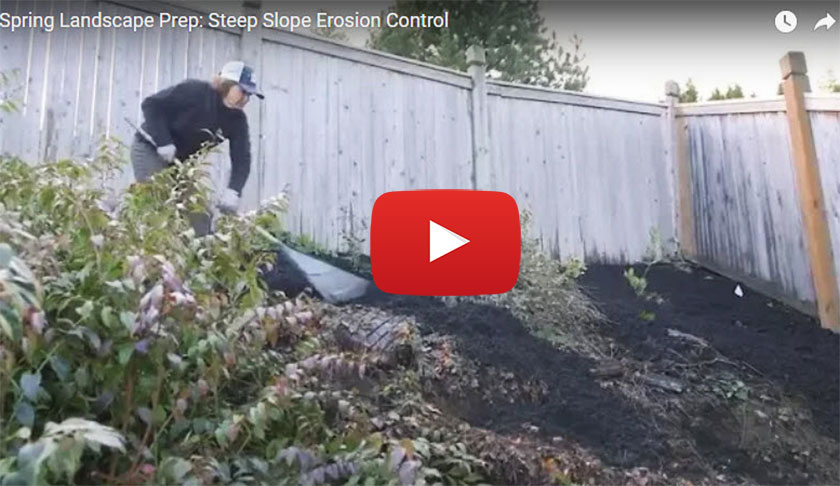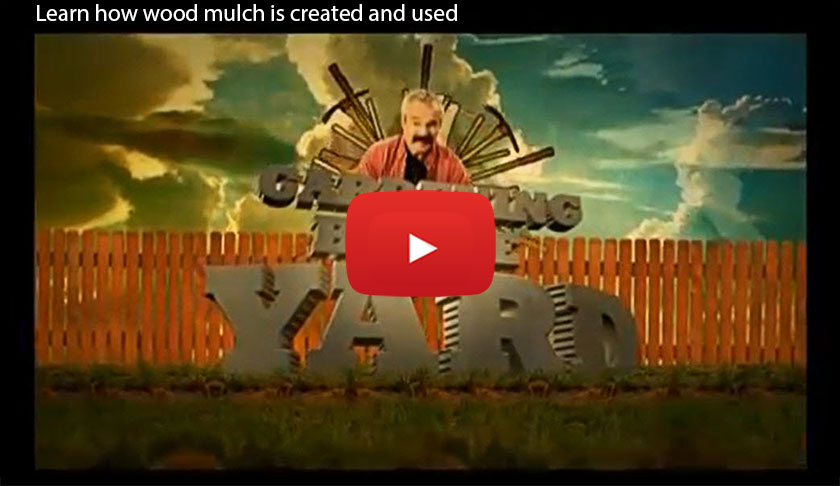Organic material resources
What is the value of organic materials?
Each of us creates waste as a function of living on Earth. A large portion of this waste comes from natural products and materials such as food, wood, and yard waste. While you may view this waste as unwanted and useless, there are actually many important ways these materials can be used to enhance the environment around you. In fact, everyplace from your yard and flowerbeds to your local farm rely on and benefit from the nutrients derived from that waste.
The organic materials processed from your unwanted food, wood, and yard waste are critical to sustaining the planet and everything it supports when they are returned to the soil. Read on for more information and resources on how you can contribute at home by making the most out of your organic waste.
How are organic materials made?
Organic materials such as compost or recycled wood products are created when food, food-soiled paper, leaves, grass clippings, wood and other yard waste break down over time, either through home composting or by local commercial processing. In addition, some compost is made with biosolids, the nutrient-rich product of the wastewater treatment process
It is estimated that the average household can generate 5 yards of compost on an annual basis through curbside recycling of food, food-soiled paper and yard waste! These materials can be recycled by commercial processers into nutrient-rich soil compost with many uses. Local processors also transform natural wood residues such as tree stumps, brush and large branches recovered from land clearing or landscaping activities into a variety of valuable materials.
The Puget Sound region is host to a thriving industry of organic material processers, yielding many sources of locally produced products such as compost and recycled wood products. Keep the cycle going by purchasing and using these locally produced organic materials.
Benefits of using compost and recycled wood products
- Avoids waste by creating products rather than landfilling.
- Purchasing locally-produced organic materials supports the local economy.
- Addresses climate change by preventing greenhouse gases emissions that would be generated by landfilled organic materials.
- Helps suppress weeds and weed seeds.
- Serves as a sponge by reducing runoff and retaining water for later uptake by plants.
- Filters storm water, keeping pollutants from entering waterways.
- Reduces pesticide use.
- Provides natural beauty and character that looks great in Pacific Northwest landscapes.
In addition to the benefits listed above, compost mixed into soil:
- naturally fertilizes by adding key nutrients for plant health and vitality.
- improves soil health by breaking up hard clay soils.
- addresses climate change by sequestering (storing) carbon in soil.
How to use compost and recycled wood products
There are many ways to use compost: as a top-dressing for lawns, an amendment to improve soil health, mulch for planting beds, and for slope stabilization. View the following videos that demonstrate these uses and learn more on our composting page.
Videos courtesy of Cedar Grove and Rainier Wood Recyclers. King County does not endorse or guarantee the quality of the service offered or provided.
Recycled wood products can be used as landscaping mulch and for slope stabilization. In addition, they are used effectively as surface paths, animal bedding, fuel, and interim road bed material and as ingredients for fiber board. View the following videos to see how wood mulch is created and used and how compost is made at a processing facility.
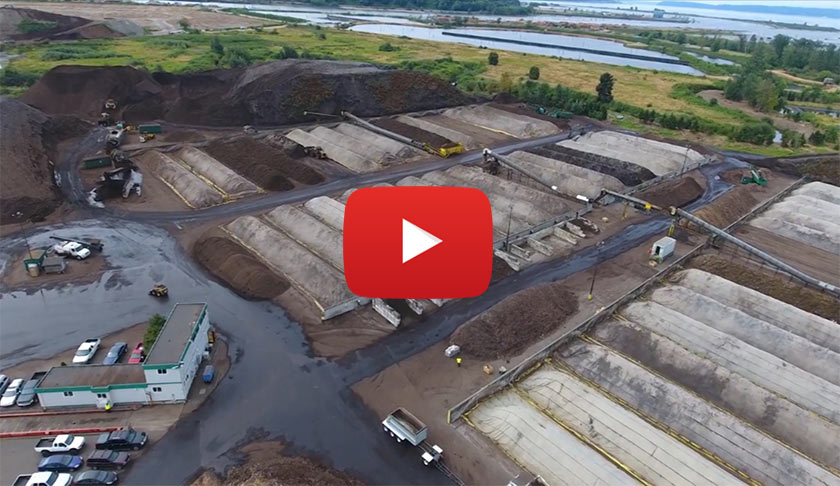
Where to buy organic materials
The Puget Sound region is host to a thriving industry of organic material processers, yielding many sources of locally generated materials such as compost and recycled wood. Bagged supplies of compost and wood products such as mulch are available in many home improvement stores and nurseries. For larger projects, there are many local sources for bulk quantity supplies:
| Business | Locations | Compost | Recycled wood products |
|---|---|---|---|
| All Wood Recycling external link | Redmond | recycled wood products available at this location | |
| Bailey Compost external link | Snohomish | compost available at this location | |
| Cedar Grove external link | Bellevue, Everett, Maple Valley, Seattle, Redmond, Woodinville | compost available at this location | recycled wood products available at this location |
| Dirt Exchange external link | Seattle | compost available at this location | recycled wood products available at this location |
| Fruhling Sand and Topsoil external link | Bothell | compost available at this location | recycled wood products available at this location |
| Lenz Enterprises external link | Stanwood | compost available at this location | recycled wood products available at this location |
| Lloyd Enterprises | Milton | compost available at this location | recycled wood products available at this location |
| Pacific Topsoils external link | Issaquah, Kenmore, Maltby, Marysville/N. Everett, Maple Valley, Mill Creek, North Seattle | compost available at this location | recycled wood products available at this location |
| Rainier Wood Recyclers external link | Covington | recycled wood products available at this location | |
| Sawdust Supply external link (biosolids compost) |
Seattle | compost available at this location | recycled wood products available at this location |
| Sunset Materials external link | Renton | compost available at this location | recycled wood products available at this location |
Note: King County maintains this resource list as a courtesy to the public and does not endorse or guarantee the quality of the service offered or provided.
Related information
|


 Translate
Translate
